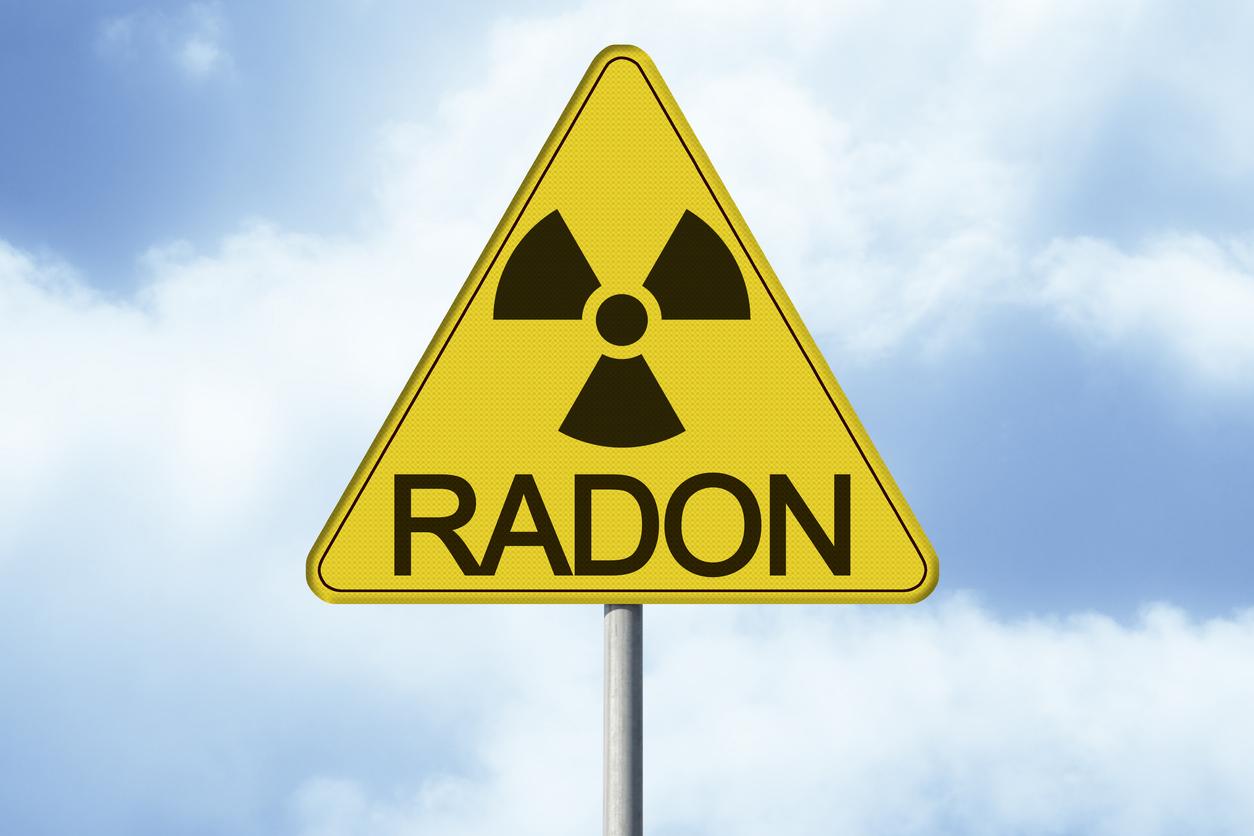A reduction in carbon emissions can improve air quality in the most polluted countries but can have negative consequences in less polluted countries. Researchers have looked at the effects of a reduction in fossil fuels on health.

- Reducing the share of fossil fuels should have a positive impact on air quality.
- But the use of biofuels requires major deforestation operations to develop new crops.
- This deforestation could in turn degrade air quality and cause an increase in respiratory and cardiovascular diseases.
With the end of the use of fossil fuels, would we live in healthier air guaranteeing better health for all? Not so sure according to a research team from the University of Pennsylvania.
According to a study published in the journal Nature, reducing carbon emissions could certainly have beneficial effects on air quality and therefore on the health of populations in the most polluted countries. But researchers have studied nearly 30,000 future scenarios that incorporate a reduction in fossil fuels. And some could have negative health consequences for various populations.
New crops to develop biofuels
In some scenarios, the reduction of fossil fuels could indeed require the establishment of new crops to develop biofuels. Although biofuels are considered a sustainable alternative to fossil fuels, their large-scale production can have negative consequences for the environment and human health. Indeed, to develop these new crops, it would be necessary to deforest large areas in certain regions such as Russia and Canada. This deforestation would lead to a deterioration of air quality and the inhabitants of these areas could suffer more respiratory and cardiovascular diseases linked to air pollution. It is therefore important to find sustainable and environmentally friendly alternatives.
Limit the negative effects of deforestation
To limit the harmful effects of deforestation, the researchers suggest implementing controlled and sustainable clearcutting practices, which help preserve biodiversity and reduce the amount of CO2 released into the atmosphere. This could have less serious consequences on air quality and human health. To reach these conclusions, the researchers modeled energy changes for 32 geopolitical regions and assessed their impact on air quality and health in nearly 200 countries.
7 million deaths per year due to pollution
Air pollution is responsible for more than seven million premature deaths each year worldwide, according to the World Health Organization (WHO). Therefore, there is an urgent need to take action to reduce greenhouse gas emissions and improve air quality to preserve our planet and our health.

















